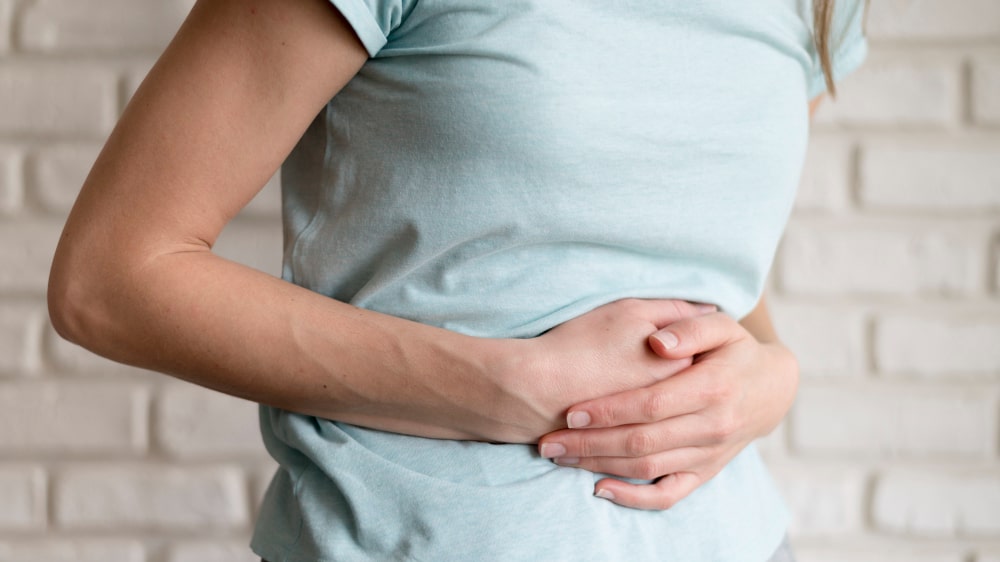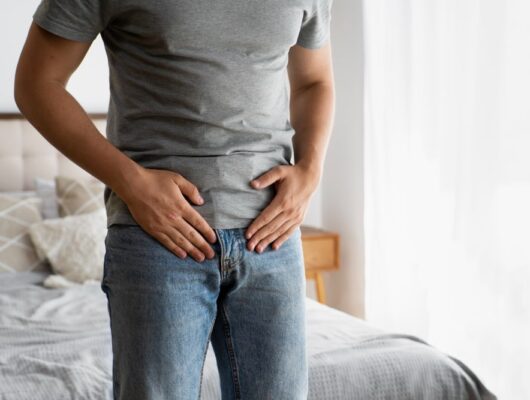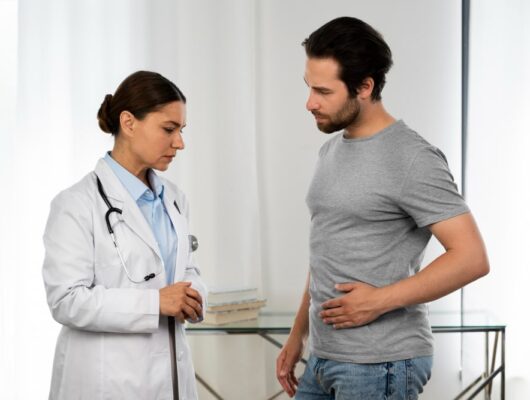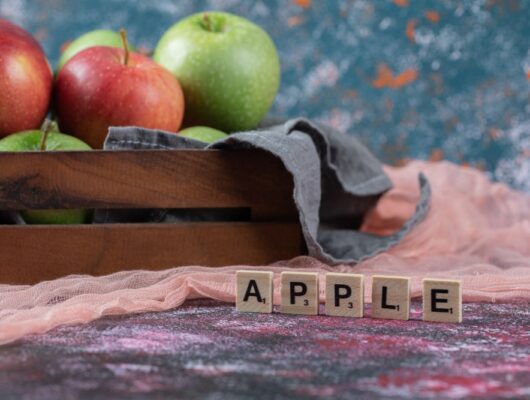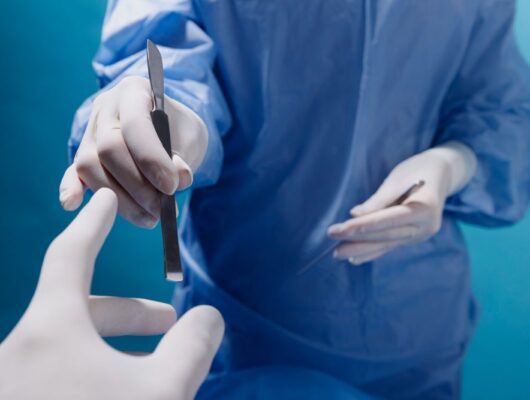More than 9% of the adult population gets gallstones and experiences sudden and severe pain in the upper right abdomen, eventually leading to emergency care. But what are gallstones, what complications are associated with gallstones, and how to prevent them? Let’s find out.
What are Gallstones?
Gallstones are hardened deposits of fluids that form in the gallbladder. You might not even know that you have gallstones until they block your bile duct and cause pain that needs immediate medical attention.
Gallstones that are asymptomatic typically do not need treatment. However, gallbladder pain that lasts for several hours requires surgery to remove the gallbladder. This is because untreated gallstones cause infections and increase the risk of gallbladder cancer.
If gallstones reside in a bile duct and cause a blockage, they can also end with severe life-threatening complications. Therefore, the experts of gastroenterology at the Gut care clinic explain the complications associated with gallstones and the ways to prevent them.
Complications of gallstones
Gallstones can cause complications, such as:
1. Inflammation of the gallbladder (cholecystitis)
Cholecystitis is usually the result of gallstone lodging in the neck of the gallbladder or one of the bile ducts.
Symptoms of Cholecystitis include:
- Sudden, severe pain in the upper abdomen that lasts for long
- Tenderness when the abdomen is touched
- Nausea and vomiting
- Fever
Acute Cholecystitis can be treated with:
- Pain relievers which are usually given by injections
- Antibiotics
- Fluids are given through a drip into a vein
2. Inflammation of the bile duct (cholangitis)
Cholangitis occurs when your bile ducts become blocked and infected with bacteria from the small intestine.
Symptoms of cholangitis include:
- Fever
- Severe abdominal pain
- Jaundice
Acute cholangitis is treated with:
- Antibiotics
- Endoscopic Retrograde Cholangiopancreatography (ERCP) to unblock the bile ducts by removing the gallbladder stones.
3. Inflammation of the pancreas (biliary pancreatitis)
Biliary pancreatitis is a potentially serious disorder that develops in people with gallstones. It is common in people with a number of small stones and occurs when gallstones obstruct the duct leading to the pancreas. Symptoms of biliary pancreatitis include:
severe upper abdominal pain with a feeling like going through the back; Nausea and vomiting
Fever.
Biliary pancreatitis can be treated with
- Surgery to remove the gallbladder and gallstones
- a method known as ERCP (Endoscopic Retrograde
Cholangiopancreatography) and sphincterotomy
4. Obstruction of the intestine (gallstone ileus)
Gallstone ileus is a condition in which gallstones obstruct the small or large intestine. It can happen when an inflamed gallbladder becomes stuck to the intestine and causes a blockage.
Symptoms of gallstone ileus include:
- Abdominal pain and bloating
- Nausea and vomiting
- Constipation
Gallstone ileus is treated with surgery to remove the gallstone and relieve the bowel obstruction.
Prevention of Gallstones
The best gastroenterologists in Bangalore at the Gut care clinic suggest that gallstones can be prevented with some lifestyle changes and diet.
- Maintain a healthy weight: Being overweight and obese increases the risk of developing gallstones. Achieve a healthy weight by reducing the number of calories you eat and increasing the physical exercise you get. Set a routine until you reach your desired and healthy weight.
- Eat fiber-rich foods: Try whole grains, cereals, walnuts, peanuts, and legumes to help prevent gallstone disease. Also, include fresh fruits and vegetables in your regular diet.
- Stick to healthy fats: Fats that are found in olive oil and omega-3 fatty acids from fish and flaxseed helps to keep your gallbladder healthy and prevent gallstones.
- Do not skip meals: Stick to your usual meal times each day. Skipping meals or fasting the whole day can develop the risk of gallstones.
- Exercise: Physical inactivity increases the chances of gallstones as it slows down your digestion process. As a result, your bile will not be flushed out of the gallbladder correctly. So, get at least 20 to 30 minutes of exercise to reduce your risk of gallstones.
Apart from the above tips to prevent gallstones, keep yourself hydrated and eat a healthy diet to prevent gallstones. If you still feel any discomfort, get in touch with our experts in gallstone treatment right away.

